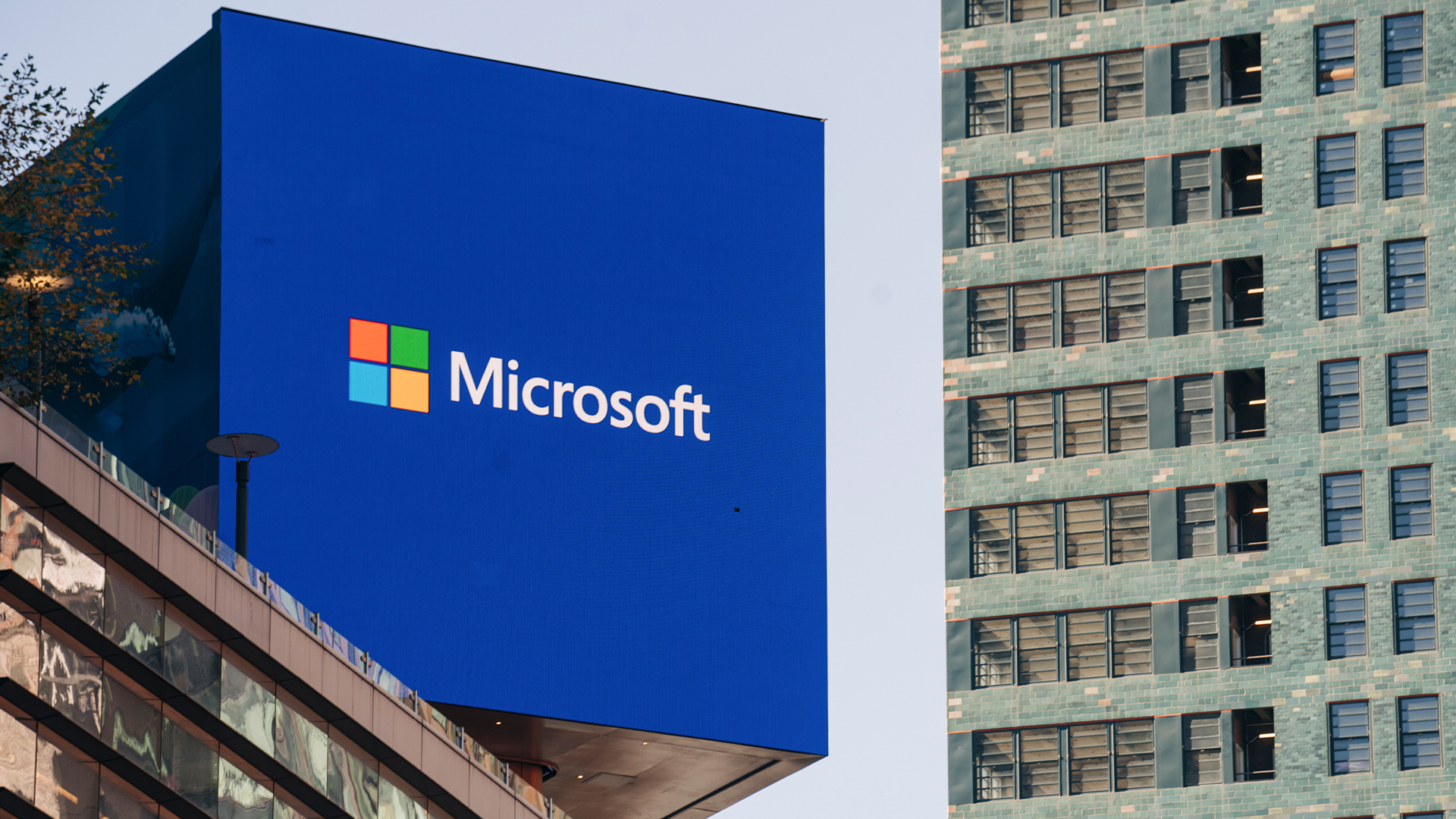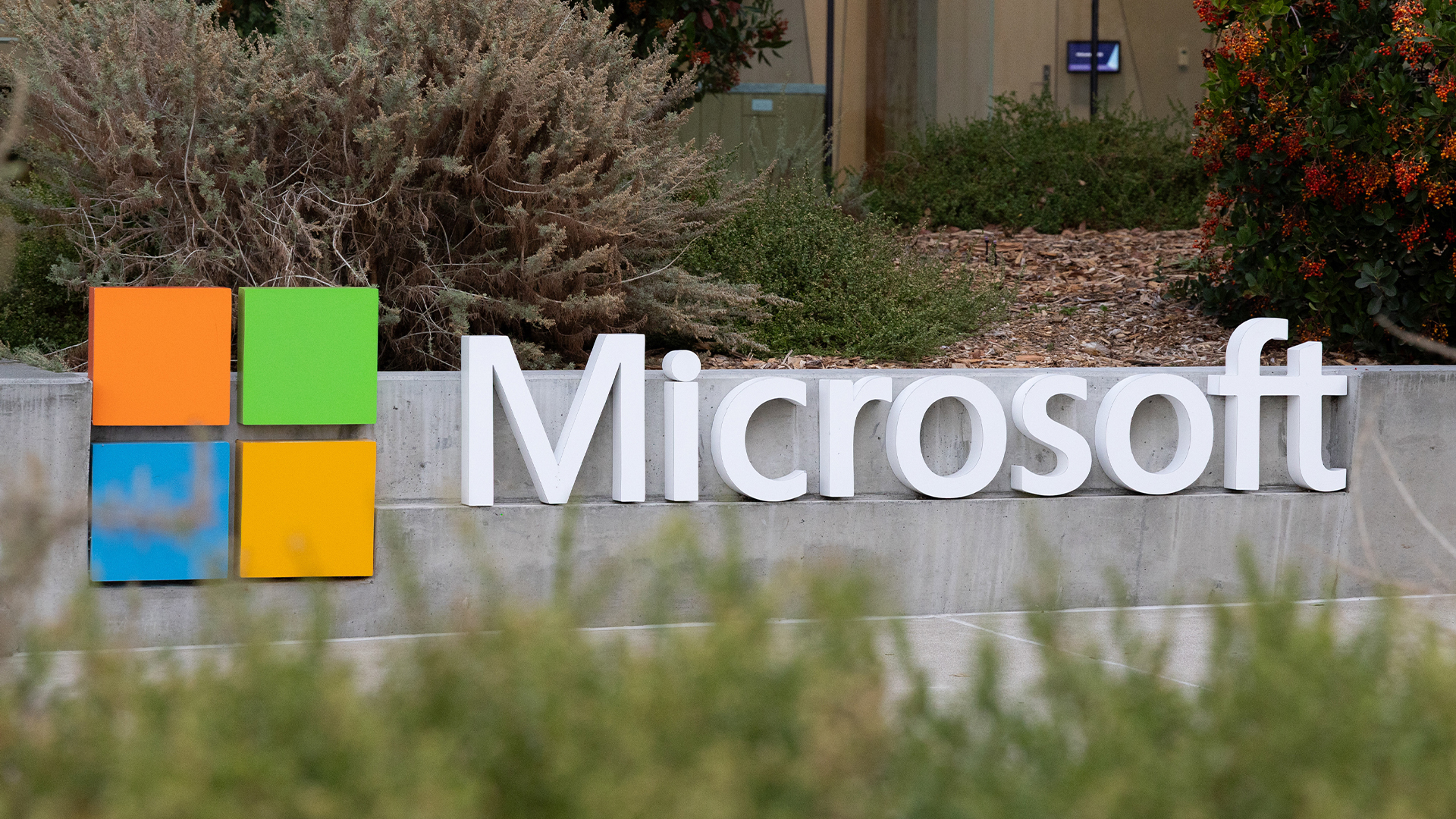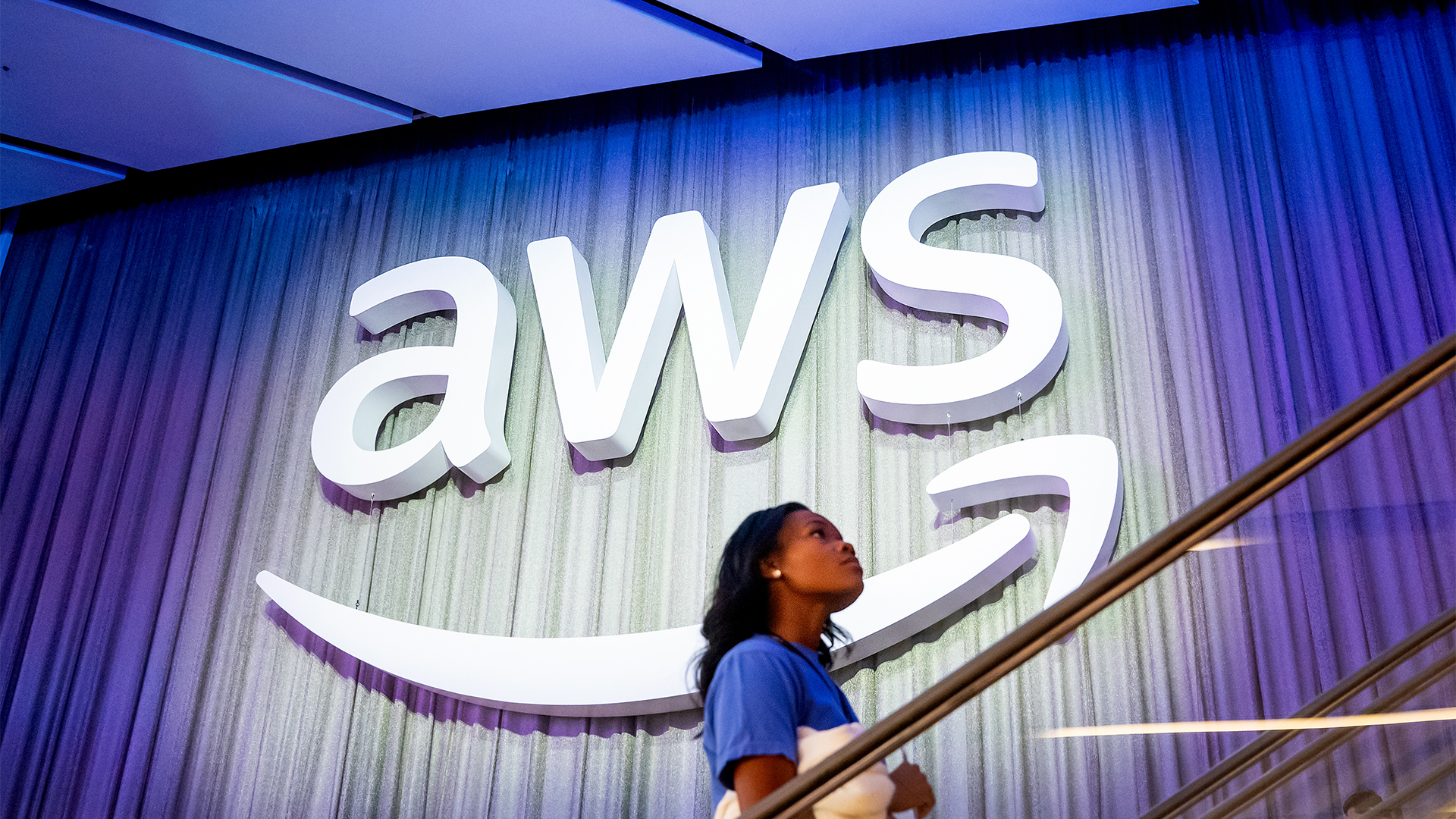Microsoft admits users received unexpected upgrades to Windows Server 2025
Admins spotted last week that Windows Server 2022 had suddenly become 2025


Microsoft has resolved an issue that saw companies running Windows Server 2022 and Server 2019 unexpectedly upgrading to Windows Server 2025 — despite not paying for the upgrade.
Windows Server 2025 was released earlier this month with new features including upgrades to security in Active Directory, hotpatching for hybrid and on-prem clouds, and more. However, it also came with a few notable bugs, including one that crashed computers.
Shortly after the release, users spotted that older versions of Windows Server were suddenly upgrading to Windows Server 2025.
One employee of a small business in the UK posted on Reddit that Windows 2022 Servers had upgraded themselves to the new version, or were about to do so.
"This obviously came as a shock as we're not at the point to do so for many reasons and the required licensing would not be present," the user wrote.
Unwanted Windows Server 2025 upgrades
Microsoft said in an update that there were two scenarios in which this happened. The first involved devices automatically upgrading to the new OS.
"This was observed in environments that use third-party products to manage the update of clients and servers," Microsoft explained.
Sign up today and you will receive a free copy of our Future Focus 2025 report - the leading guidance on AI, cybersecurity and other IT challenges as per 700+ senior executives
The tech giant noted the issue had been mitigated, but also advised users to ensure third-party software designed to manage updates be configured to not automatically deploy them.
Microsoft updated the release under the upgrade classification "optional" — suggesting there was an issue with how the software was classified for admins and third-party software.
That was backed up in a separate post by a technical manager at security and update software company Heimdal, which noted that the "KB" label appeared to be incorrect. Whether that caused the unexpected updates or not, Microsoft has fixed the "KB" issue.
"The Windows Server 2025 feature update was made generally available on November 1, 2024, as KB5044284, which was the same KB number used for Windows 11, version 24H2," Microsoft said in its update.
RELATED WEBINAR

"This was the KB numbering for both these client and server Windows updates available at that time. Future updates released for Windows Server 2025 and Windows 11, version 24H2 will share the same KB numbers, but will have different release note sites and links."
Regardless of whether third-party management software is to blame or Microsoft itself, plenty of admins had a tough week.
"It's not been a great week at work, too much time lost on this, and the outcome is that in some instances backups have come into play however Windows Server 2025 licensing will have to be purchased for others," the small business employee noted in their post.
The second unexpected upgrade scenario involved a banner displayed on the device's Windows Update page in Settings, offering an upgrade to the new OS.
"This message is intended for organizations that want to execute an in-place upgrade," the company said, adding that the issue had since been resolved.
Recurring issues
Microsoft quickly spotted three bugs in Server 2025 - one that meant English text was shown during installation, even if it wasn't the default language, and a second that limited the OS from running on devices with a high core count, sparking crashes, blue screens and long restarts.
Similarly, a third error popped up saying "boot device inaccessible" in iSCSI environments.
Microsoft has acknowledged all three issues, saying it is working on a resolution for each, and promising a solution in a future Windows monthly update for the core count and iSCSI bugs, and merely more information for the English text issue.
Freelance journalist Nicole Kobie first started writing for ITPro in 2007, with bylines in New Scientist, Wired, PC Pro and many more.
Nicole the author of a book about the history of technology, The Long History of the Future.
-
 I couldn’t escape the iPhone 17 Pro this year – and it’s about time we redefined business phones
I couldn’t escape the iPhone 17 Pro this year – and it’s about time we redefined business phonesOpinion ITPro is back on smartphone reviews, as they grow more and more intertwined with our work-life balance
-
 The gig economy: Past, present, and future
The gig economy: Past, present, and futureFeature The rise of the gig economy represents a new era of flexible working despite being plagued with controversies
-
 The global server market is booming
The global server market is boomingNews Surging infrastructure investment and demand for embedded GPU hardware are fueling huge growth
-
 The Microsoft Azure outage explained: What happened, who was impacted, and what can we learn from it?
The Microsoft Azure outage explained: What happened, who was impacted, and what can we learn from it?News Microsoft has confirmed its Azure services are back online after a major outage impacted services across multiple regions – here's everything you need to know.
-
 Google just confirmed the location of its first small modular reactor
Google just confirmed the location of its first small modular reactorNews Developed by Kairos, Google's first small modular reactor will be located in Tennessee, with operations beginning in 2030.
-
 Microsoft's plan to use human waste to offset AI emissions stinks of greenwashing
Microsoft's plan to use human waste to offset AI emissions stinks of greenwashingOpinion Hyperscalers are getting increasingly gimmicky when it comes to sustainability
-
 Dedicated servers are back in vogue as IT leaders scramble to meet AI, compliance requirements
Dedicated servers are back in vogue as IT leaders scramble to meet AI, compliance requirementsNews They may seem old-fashioned, but the use of dedicated servers is on the rise
-
 Microsoft invests $400 million to expand Swiss data centers
Microsoft invests $400 million to expand Swiss data centersNews Growing AI and cloud demand, plus data sovereignty requirements, are fueling European data center investment
-
 Microsoft says this data center cooling technique can cut emissions by one-fifth – but switching to renewables will prove far more impactful
Microsoft says this data center cooling technique can cut emissions by one-fifth – but switching to renewables will prove far more impactfulNews In a cradle-to-grave environmental assessment, Microsoft has examined manufacturing, transportation, deployment, and end-of-life disposal
-
 First Microsoft, now AWS: Why tech giants are hitting the brakes on costly data center plans
First Microsoft, now AWS: Why tech giants are hitting the brakes on costly data center plansNews Amazon Web Services (AWS) has paused plans for some data center leases, according to analysts, sparking further concerns about the cost of AI infrastructure spending plans.
